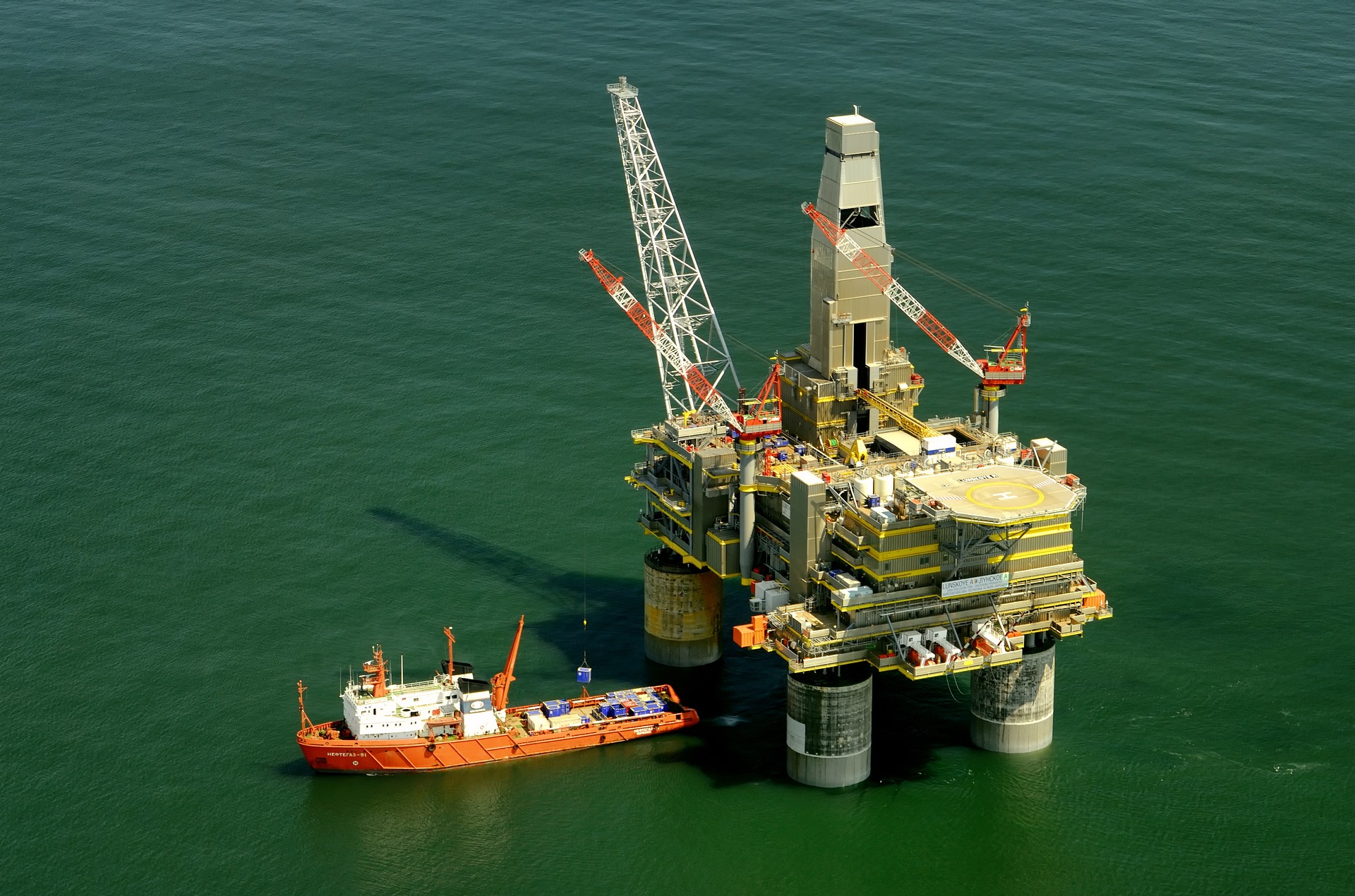Your Complete Guide to Starting a Career on Offshore Oil Rigs
The offshore oil industry offers unique career opportunities for those seeking well-compensated work in challenging marine environments. While these positions require dedication and adaptability, they provide pathways for individuals from various backgrounds to build successful careers. This guide provides general information about offshore oil rig employment and should not be considered as actual job listings or guarantees of employment opportunities.

What Entry-Level Roles Exist on Offshore Oil Rigs?
Offshore oil rigs operate with diverse crews fulfilling specialized functions. For those new to the industry, several entry-level positions provide valuable first steps:
Roustabouts represent the most common starting point for offshore careers. These general laborers handle basic maintenance, equipment moving, deck cleaning, and assisting more specialized workers. Roughnecks work directly on the drilling floor, connecting and disconnecting pipes under the supervision of the driller. Maintenance roles include entry-level positions for those with technical aptitude, focusing on keeping equipment operational. Catering and housekeeping staff ensure that the living quarters remain clean and that crews are well-fed during their offshore rotations. Administrative and safety roles sometimes offer entry points for those with office skills or safety training backgrounds.
Each position provides different exposure to rig operations and pathways for advancement as you gain experience and certifications.
Can You Work Offshore Without Previous Experience?
Yes, it is possible to secure work on an offshore oil rig without prior industry experience, though the path requires determination and strategic preparation. Entry-level positions, particularly roustabout roles, primarily require physical fitness, mechanical aptitude, and a strong work ethic rather than specific offshore experience.
Many successful offshore workers began their careers with adjacent experience in construction, mechanics, welding, or other technical trades. These backgrounds demonstrate transferable skills that employers value. Safety consciousness and the ability to follow strict protocols are particularly important traits that hiring managers look for in inexperienced candidates.
Job seekers without direct experience should focus on obtaining basic offshore safety certifications, which significantly improve hiring prospects. Networking with current or former offshore workers can provide valuable insights and sometimes referrals, which carry substantial weight in this industry. Many newcomers also find success by first working with onshore oil operations to build relevant experience before transitioning offshore.
What Certifications Are Needed Before You Can Start?
Before setting foot on an offshore platform, several mandatory certifications and training must be completed:
Basic Offshore Safety Induction and Emergency Training (BOSIET) represents the fundamental certification required for all offshore workers. This typically includes helicopter underwater escape training, sea survival techniques, firefighting, and first aid. The Minimum Industry Safety Training (MIST) certification covers essential safety practices specific to offshore operations. Depending on your role, specialized certifications may be required, such as rigging and lifting for crane operators or well control certification for drilling personnel.
Health certifications are equally important. Most companies require a comprehensive offshore medical examination to ensure candidates can handle the physical demands and potential emergencies. Drug and alcohol screening is standard and ongoing throughout employment. For positions involving food handling, additional food safety certifications may be necessary.
Certification costs typically range from $1,000-$3,000 for basic safety training, with specialized certificates potentially adding several thousand dollars more to your investment. Many candidates find this initial expense worthwhile given the substantial compensation available once employed.
What to Expect in Terms of Pay and Time Off
The offshore oil industry follows a unique work schedule and compensation structure that differs significantly from conventional employment. Most offshore workers operate on rotation schedules—commonly two weeks on followed by two or three weeks off (referred to as 2/2 or 2/3 rotations). During your “on” weeks, you’ll work 12-hour shifts daily, living on the platform throughout.
Entry-level positions like roustabouts typically start between $45,000-$65,000 annually, while technical roles command higher starting salaries from $70,000-$100,000. Experienced specialized positions such as drillers, subsea engineers, or offshore installation managers can earn $100,000-$200,000 or more. Most positions include significant overtime pay, which substantially increases total compensation.
Benefits typically include comprehensive health insurance, retirement plans, and sometimes education assistance. Some companies provide transportation to and from the heliport or dock nearest your home, while others offer a transportation allowance. During your time offshore, accommodations and meals are provided at no cost.
Prices, rates, or cost estimates mentioned in this article are based on the latest available information but may change over time. Independent research is advised before making financial decisions.
Tips to Get Hired for Offshore Jobs Faster
Securing offshore employment requires strategic preparation and persistence. First, develop a specialized resume highlighting relevant skills and physical capabilities—emphasizing mechanical aptitude, safety consciousness, and ability to work in challenging conditions. Technical certifications related to your target role significantly enhance your marketability, even before obtaining offshore-specific training.
Be geographically flexible and consider relocating to regions with high offshore activity, such as Houston, Louisiana, Aberdeen (Scotland), or Western Australia. Oil industry hubs offer greater networking opportunities and more entry points. Many successful candidates begin with land-based positions at oil services companies that also maintain offshore operations, creating an internal transfer path.
Utilize specialized job boards like Oil and Gas Job Search, Rigzone, or Offshore Post rather than relying solely on general employment sites. Attend industry conferences and job fairs where companies actively recruit. Persistence is crucial—the hiring process often involves multiple applications and interviews before success.
Staffing agencies specializing in oil and gas placements frequently fill entry-level offshore positions, making them valuable resources for first-time applicants. When interviewing, emphasize your understanding of safety culture, willingness to work in challenging conditions, and commitment to ongoing skill development—three attributes highly valued in offshore hiring.
With proper preparation, certification, and persistence, launching a rewarding offshore career is achievable even for those without prior industry experience. The combination of competitive compensation, extensive time off between rotations, and clear advancement pathways continues to attract workers seeking alternatives to conventional career paths.




